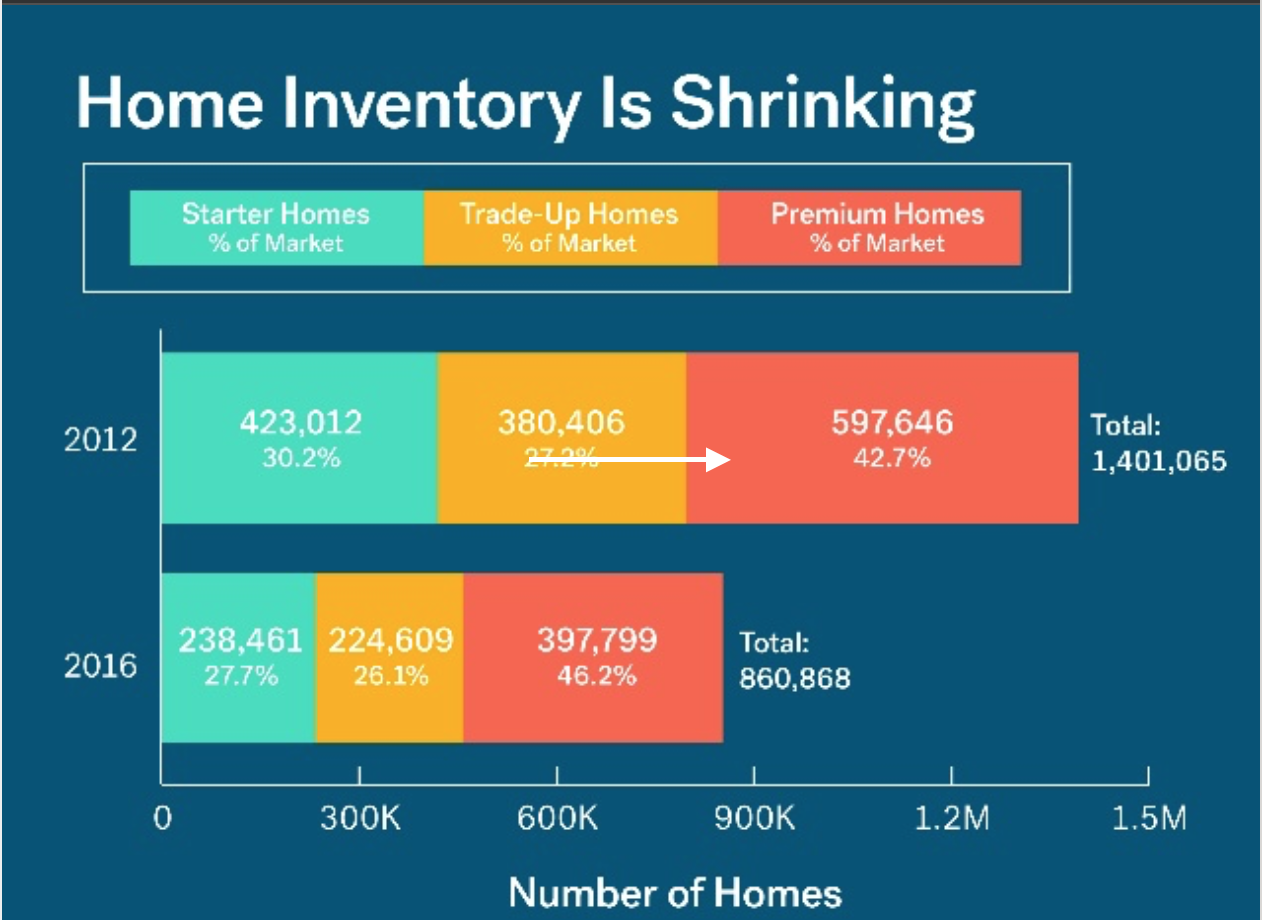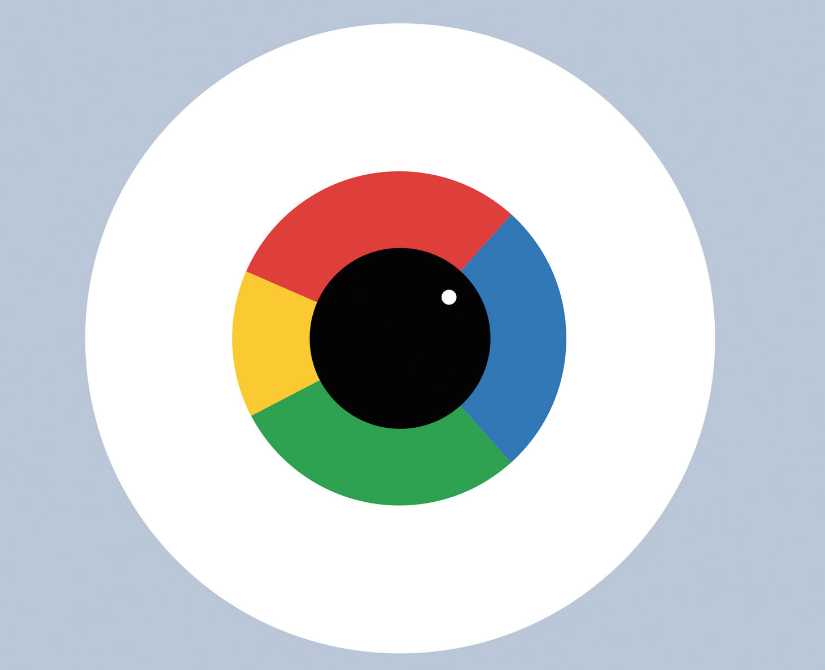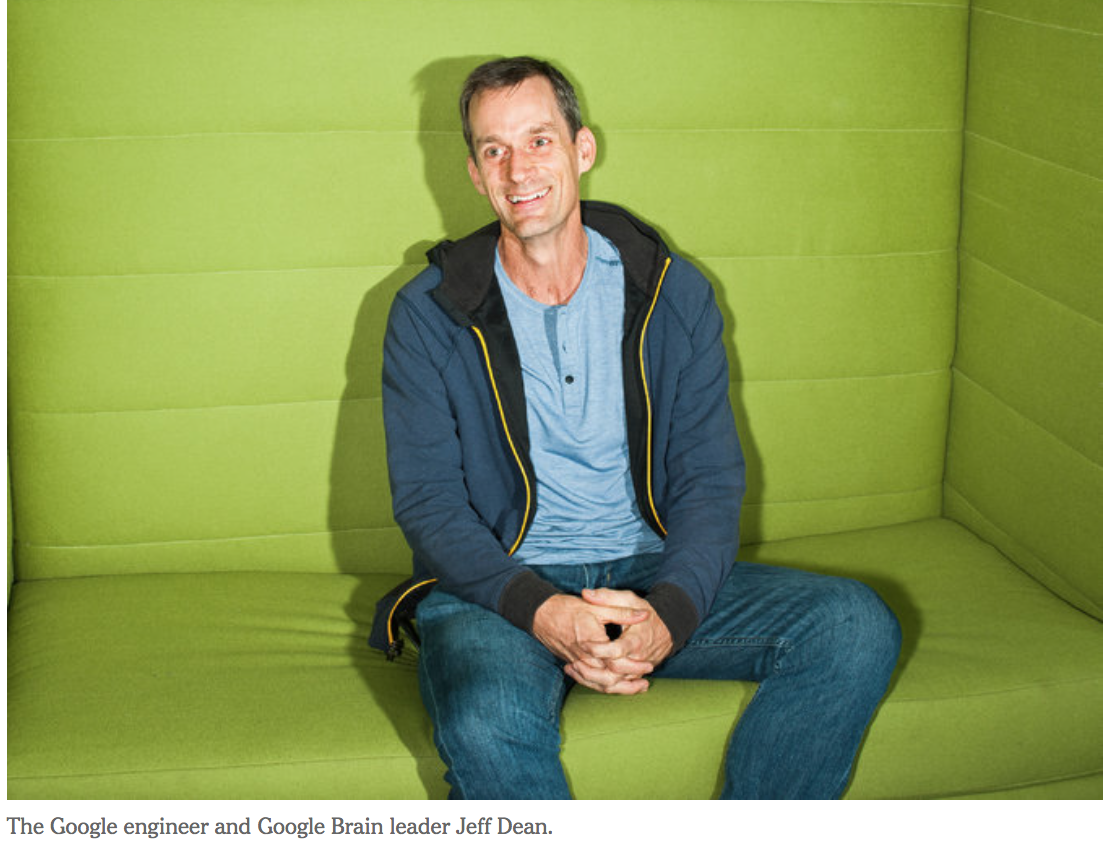SAN FRANCISCO — Last month, Federico Viticci, who runs MacStories, a news site devoted to Apple and its products, made a change in how the site publishes articles for mobile gadgets. MacStories, he declared, would no longer support a Google-backed method for faster loading of mobile web pages, called AMP.
Mr. Viticci said MacStories’s pages already loaded quickly without Google’s help. He also didn’t like the idea of Google’s obscuring his site’s links — with AMP, they read google.com instead of macstories.net — in the interest of expediency.
“Feels good” to no longer use the Google standard, Mr. Viticci wrote on Twitter.
Mr. Viticci’s experience underscores the ambivalent relationship that some web publishers have developed with what was supposed to be Google’s great boon for mobile publishing. When Google introduced Accelerated Mobile Pages, or AMP, in October 2015, it said the new format would help publishers with one of their biggest headaches on smartphones: Browsing mobile websites was so frustratingly slow that many smartphone users abandoned pages before they opened.
AMP has since delivered on its promise of faster mobile web pages. Even so, publishers — of smaller sites, especially, or individual bloggers — are beginning to worry about giving too much control to Google in exchange for zippier web pages. What’s more, Google’s approach to AMP has rankled some critics already suspicious of the company’s outsize influence on the internet.
Much of the publishers’ unease is rooted in Google’s presentation of AMP stories, which appear as if they are Google articles. That’s because Google, to speed up AMP, stores copies of publisher’s pages and serves them from its own internet network. So when a reader clicks an AMP link, the address bar at the top of the page displays google.com instead of the actual web address from the publisher.






